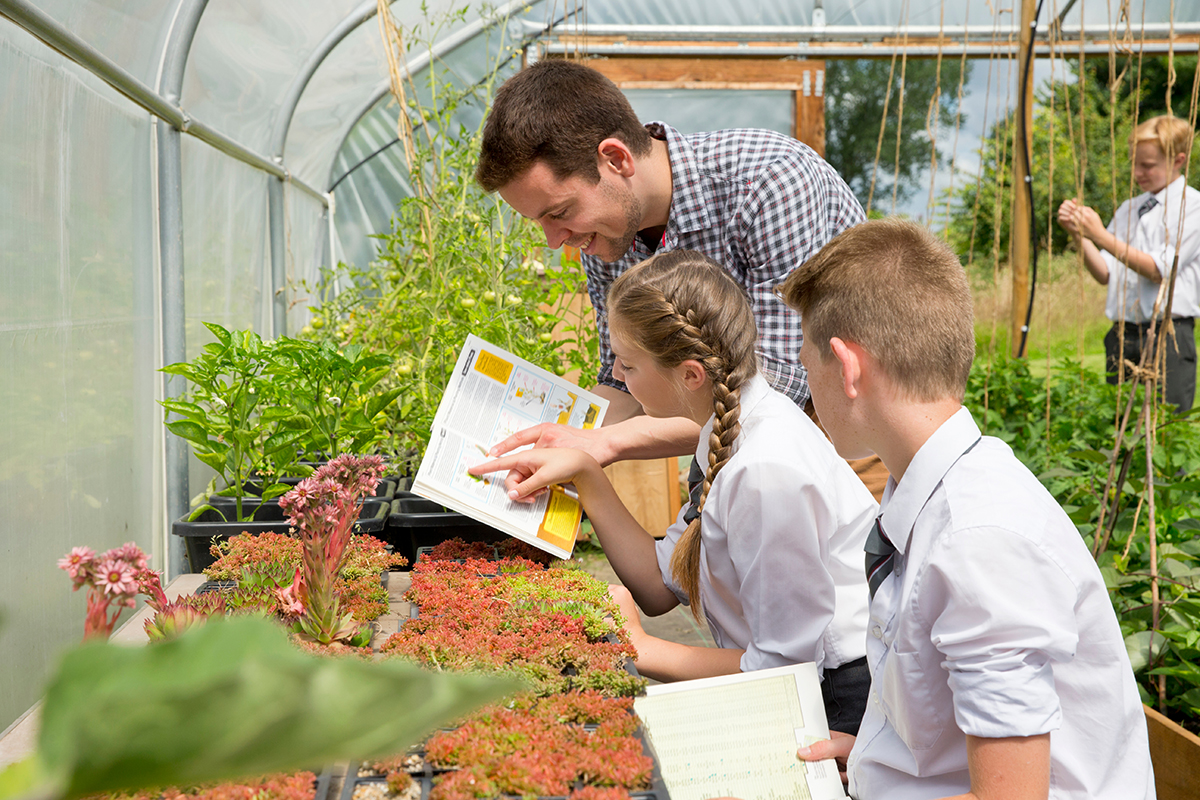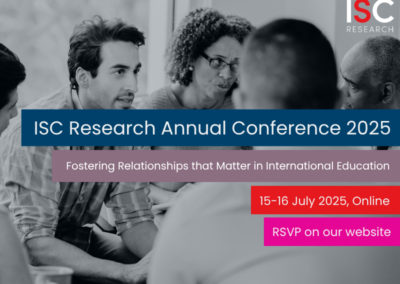Last month I presented about wellbeing in international schools at the World Education Summit. Afterwards, I received many comments and questions about the benefits of a community approach to school wellbeing, rather than simply focusing on the needs of students.
As we have seen so profoundly during COVID-19, wellbeing has a trickle-down effect. Teachers who feel empowered and well supported in their work are able to deliver engaging, inspiring learning even in the most challenging of scenarios.
In our recent research of wellbeing in international schools, teachers, leaders and administrators alike reported that a sense of belonging was more important to them than ever before. The impact of COVID-19, rather than negatively affecting this, appears to have increased a sense of belonging for many staff members thanks to the proactive work of international schools to support staff during this time. In fact, it increased from 70% in our 2018 research, to 82% in the research that we conducted in December (2020). The culture of care in their school really mattered to many of them, positioned only behind colleague relationships as the most beneficial factor impacting staff positivity and productivity.
One international school administrator reflected the comments of many: “The pandemic has really brought people together and deepened the sense of community among all stakeholders. There is a strong feeling of solidarity and a sense that we will get through this together.” However, perceptions differ between leaders, administrators and teachers and it’s a word of warning for all leaders. In total, 71% of respondents agreed with a statement that said: “As best it can, the school has supported my wellbeing through the challenges of COVID-19.” But when this comment was segmented by role, there was a noticeable difference. 84% of all administrators agreed with the statement, compared to 74% of leaders – and only 44% of all teachers.

To find out more about this and the wider research, as well as recommendations for developing authentic wellbeing provision across the school community, download your free copy of the Wellbeing in International Schools Report here



